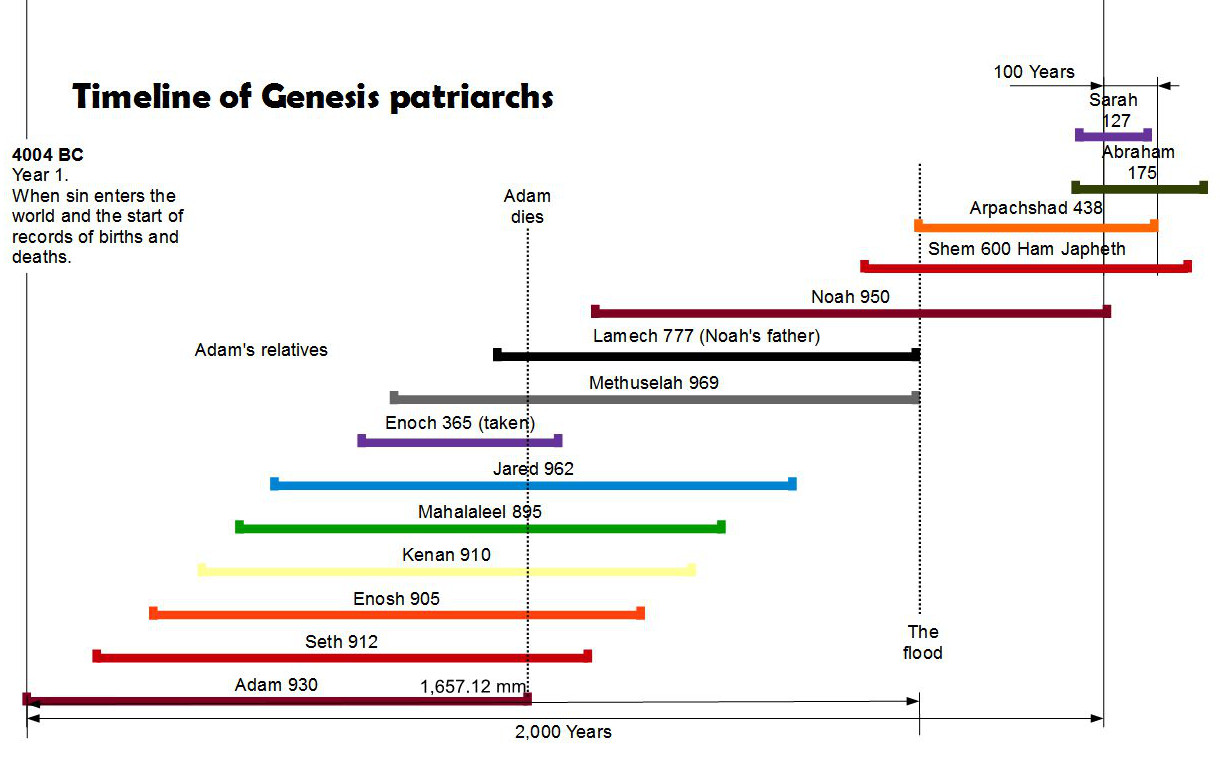Sanctification
Set apart to God
But we are bound to give thanks always to God for you, brethren beloved of the Lord, because God has from the beginning chosen you to salvation through sanctification of the Spirit and belief of the truth: 2 Thes 2:13
Justification involves our deliverance from the penalty of sin, while practical sanctification involves our deliverance from the power, pleasure and pollution of sin. It always leads to progress in practical righteousness.
Justification by faith alone is the basis of salvation while practical sanctification is the result of salvation. To sanctify means to set apart.
Jesus said "And for their sakes I sanctify Myself, that they also may be sanctified by the truth." John 17:19
Here it did not mean that He became more holy for He was already perfect and entirely without sin. It meant that He set Himself apart to do the will of His Father. John 10:36 1 Peter 3:15
In the case of the believer there are two aspects of sanctification.
The first is that which takes place at conversion when the Holy Spirit uses the word of God to bring about the miracle of regeneration and faith.
But we are bound to give thanks to God always for you, brethren beloved by the Lord, because God from the beginning chose you for salvation through sanctification by the Spirit and belief in the truth. 2 Thes 2:13
Acts 26:18 1 Cor 1:2
This is a once and for all event, and by it the believer becomes a saint entirely on account of the righteousness of Christ which God imputes to him. We might call it initial sanctification.
The second aspect of sanctification might be described as practical or progressive sanctification. Through the new birth we receive a new nature which enables us to please God. 2 Cor 5:17. However, the old nature has not been eradicated, and while God has made full provision for our victory over it, there will be a continuing struggle with it. Gal 5:16,17 1 John 1:8.
- We cannot have one aspect of sanctification without the other. Rom 6:16 John 8:34
- Progressive sanctification results from initial sanctification 1 Cor 6:9-11
- It is a process of cleansing. 1 Peter 1:15,16 1 John 1:7
- It involves putting off and progressively deadening the sinful nature. Eph 4:22 Col 3:5-10
- and putting on the new. Eph 4:24
- It results in practical righteousness. 1 John 3:4-7 Rom 6:13
The mind and conscience of the Christian need to be transformed in order to serve the living God on the basis of grace. Prior to conversion we did not understand salvation by grace. Our consciences need to be cleansed from the false doctrine of salvation by works.
"….how much more shall the blood of Christ, who through the eternal Spirit offered Himself without spot to God, cleanse your conscience from dead works to serve the living God?" Heb 9:14
Dead works are deeds done out of any motive other than love to God. 1 Cor 13:3
After conversion, we need to learn the truth of grace and how to live by grace. Our obedience and practical righteousness is NOT to be in order to gain salvation, merit or reward, but purely out of love and gratitude to God for His mercy. Titus 2:11-14 (also John 3:21 Rom 12:1-2 2 Tim 1:9-11 1 John 5:3)
- It is the will of God. 1 Thes 4:3-8
- Sanctification comes through the truth (the word of God) John 17:17
- God sanctifies us. 1 Thes 5:23
- Christ sanctifies. Eph 5:25-27 Titus 2:14
- The Holy spirit sanctifies. 1 Pet 1:2 Rom 8:13
- The blood of Christ cleanses us. 1 John 1:7 Rev 1:5
Sanctification through the truth
We should consider each aspect of the gospel in relation to its sanctifying effect : John 17:17 eg.
- The grace of God Titus 2:11-14 Rom 6:14
- Christ’s righteousness Isa 45:8 Isa 61:11 Rom 5:17,21
- Adoption Eph 5:1 1 John 3:1-3
- The spiritual baptism which saves us. 1 Peter 2:24,25 Col 2:12
- Calling 1 Peter 1:15
The doctrine concerning our standing in Christ motivates us in sanctification. Consider Col 3:1-4 and note the "therefore" of verse Col 3:5 and the practical results in verses Col 3:5-10 Rom 6:11
While sanctification is the work of God within us, the Christian is by no means passive in it and the will is very much involved. Phil 2:13
- Do not let sin reign ... Rom 6:12
- Do not present ... but present Rom 6:13 Rom 6:16
- Present ... Rom 12:1,2
- Put of ... the old man Eph 4:22 Col 3:5
- Put on the new man ... Eph 4:24
- Resist the devil ... James 4:7
God also chastens His children in the process of sanctification. Heb 12:3-11
The ultimate purpose of sanctification is to conform us to the likeness of the Lord Jesus Christ. Rom 8:29 Heb 12:10 2 Cor 3:18 1 John 3:1-3 Col 3:10.

